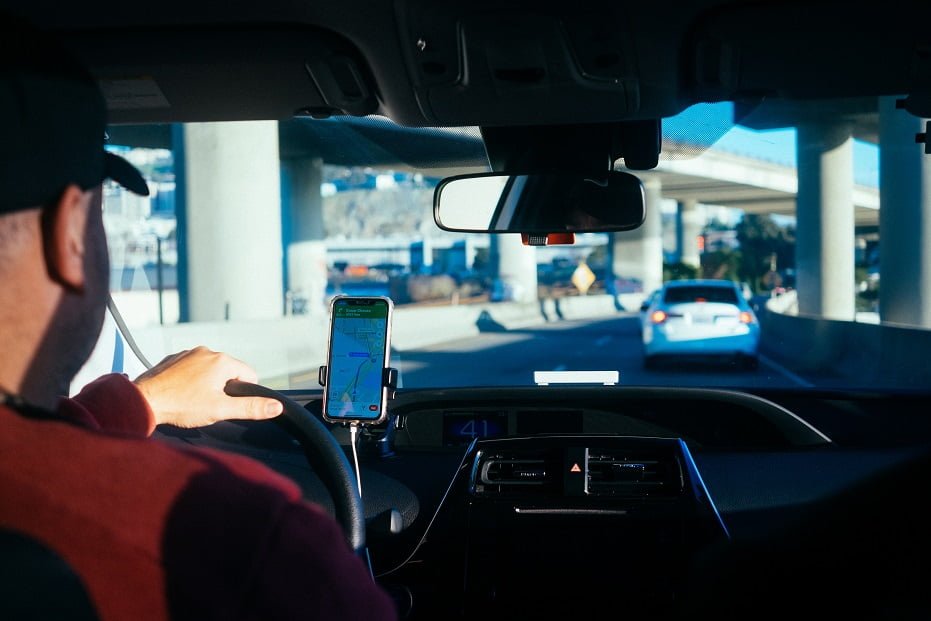
Lyft is Considering Dropping Shared Rides Under New Leadership
According to recent reports, ride-hailing company Lyft is considering dropping shared rides as it looks to focus on its core business under new CEO, David Risher. The move would be a significant departure from Lyft’s previous strategy of offering both shared and private ride options. The decision to drop shared rides comes amid growing concerns around the safety and convenience of shared transportation options in the wake of the COVID-19 pandemic.
Lyft’s potential decision to drop shared rides reflects the company’s efforts to prioritize safety and customer satisfaction while also improving its financial performance. By focusing on its core business, Lyft can invest more resources in improving its ride-hailing services, such as reducing wait times, increasing vehicle availability, and enhancing driver training and support.

Despite the potential impact on some riders who rely on shared rides, Lyft’s decision to refocus on its core business could be a smart move in the long run. By doubling down on its core services and investing in innovation and customer satisfaction, Lyft can stay competitive in the rapidly evolving ride-sharing market and continue to grow its user base.
The move to drop shared rides is not without its risks, however. Shared rides have been a popular option for budget-conscious travelers, and dropping them could alienate some customers. However, Lyft’s focus on its core business may also lead to increased investment in other areas, such as autonomous driving technology and delivery services.
Overall, Lyft’s decision to drop shared rides is a reflection of the changing landscape of the ride-hailing industry. As companies like Uber and Lyft look to improve profitability and stay competitive, they may need to make tough decisions about which services to prioritize and which to cut. For Lyft, it remains to be seen whether the decision to drop shared rides will pay off in the long run.

